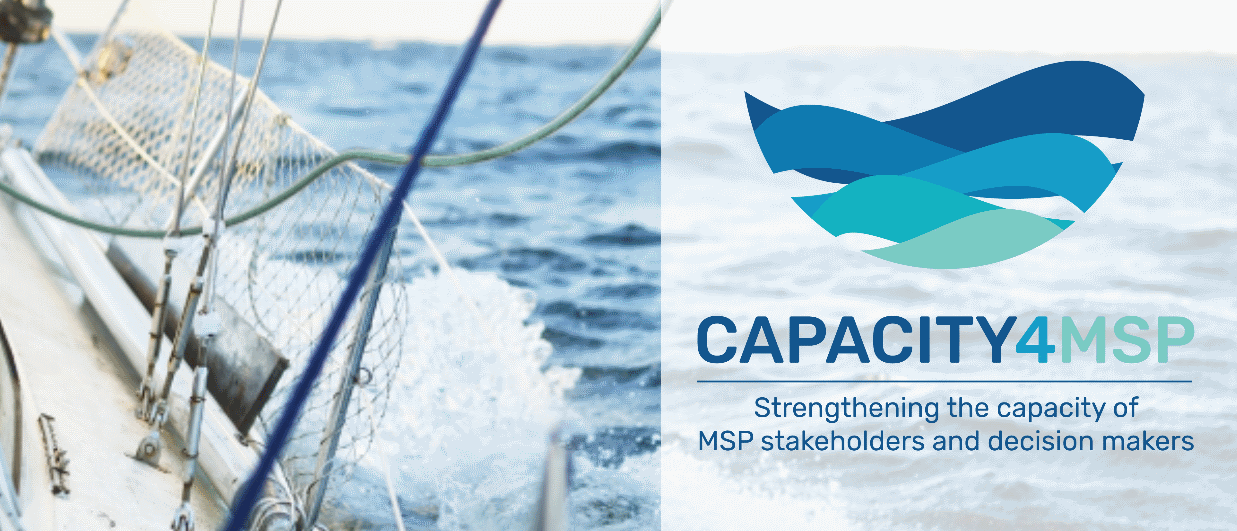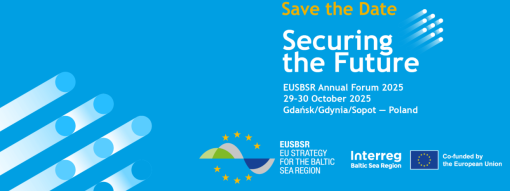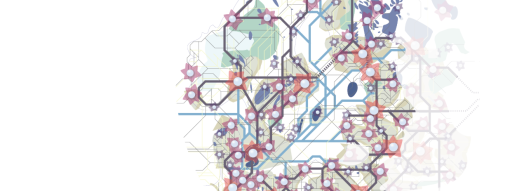
Roundtable on the development of Russian MSP Roadmap
Dyurso, Russia
Roundtable on the development of Russian MSP Roadmap
About event
Roundtable ‘Sustainable development of marine/blue economy in the Azov-Black Sea Region, importance of MSP’ will take place on 10 September in Durso, Krasnodar Region, Russia. The event is organised within the project platform Capacity4MSP to develop Russian MSP Roadmap.
Members of the roundtable will discuss the environmental and climatic conditions of the Azov-Black Sea Region, the state of development and the regional ability to use tools that enable marine economy (“Blue growth”), MSP, cluster management, experience and interaction with other countries in this direction, forthcoming contribution to the UN Decade of Ocean Science for Sustainable Development.
Abstract
Sustainable development of Azov-Black Sea Region implies stable economic growth with improving the social conditions for the coastal population and with the consistent improvement of the environmental conditions, based on the need to maintain a balance between solving social and economic problems and preserving the natural environment. The environmental status of the Azov-Black Sea Region is characterized by the influence of adverse climatic factors and natural hazards, on the one hand, and the constantly growing anthropogenic load associated with intensive economic use of the marine area, on the other hand.
According to the analysis conducted in the framework of the Forum “Sustainable Development in the Southern Seas of Russia” in October 2019 in Novorossiysk, as well as the materials for the preparation of the Voluntary National Review of achieving Sustainable Development Goals in the Russian Federation, the goals set in Agenda 2030 are being met by the region very slowly. This is especially true for the region’s most important Sustainable Development Goals (SDGs), such as SDG13 “Take urgent action to combat climate change and its impacts” and SDG14 “Conserve and sustainably use the oceans, seas and marine resources for sustainable development”. The main constraint to the implementation of these SDGs at the regional level is insufficient scientific cooperation between Russia and other Black Sea countries. Intensification of this cooperation is also necessary for fulfilling the tasks set in the implementation plan of the UN Decade of Ocean Science for Sustainable Development (2021-2030).
The year 2020 has seen a sharp decrease in the activity of the marine/maritime sectors of the regional economy (Blue Economy) due to the restrictions caused by COVID-19 and this should also be considered. For example, according to preliminary estimates, coastal and marine tourism in the Black Sea region will have decreased by 58-78% compared to 2019; freight sea transport – by 30-40%, passenger traffic will have lost about 70%. Fisheries, aquaculture and other sectors of the marine economy and related business will suffer no less loss.
On the one hand, such a significant decrease in economic activities reduces anthropogenic load on the marine ecosystem, but on the other hand, this creates a number of serious economic challenges of a regional and global nature: job loss, worsening of the economic and social situation, uncertainty and tension in the society. The consequences of this situation will have an impact both in the short and long term, which requires clear and consistent reparation measures. It is therefore necessary already at the present stage to plan recovery and consistent growth of the marine (blue) economy, while maintaining positive effects in the state of the marine ecosystem.
Cooperation among the countries of the Black Sea region is carried out within the framework of the Organization of the Black Sea Economic Cooperation (BSEC) and related institutions, such as the Black Sea Trade and Development Bank. A new tool for further cooperation is the Common Maritime Agenda for the Black Sea, prepared by the coastal states with the participation of Russia.
This cooperation should apply using the best research and innovative methods and tools developed within the framework of the Black Sea Strategic Research and Innovation Agenda (SRIA). One such tool aimed at addressing Blue Growth issues is maritime spatial planning (MSP), based on the ecosystem-based approach. At present, Russian MSP Roadmap is being developed by the Capacity4MSP project-platform (Interreg Baltic Sea Region Programme 2014-2020).


